By: Syed Shayan
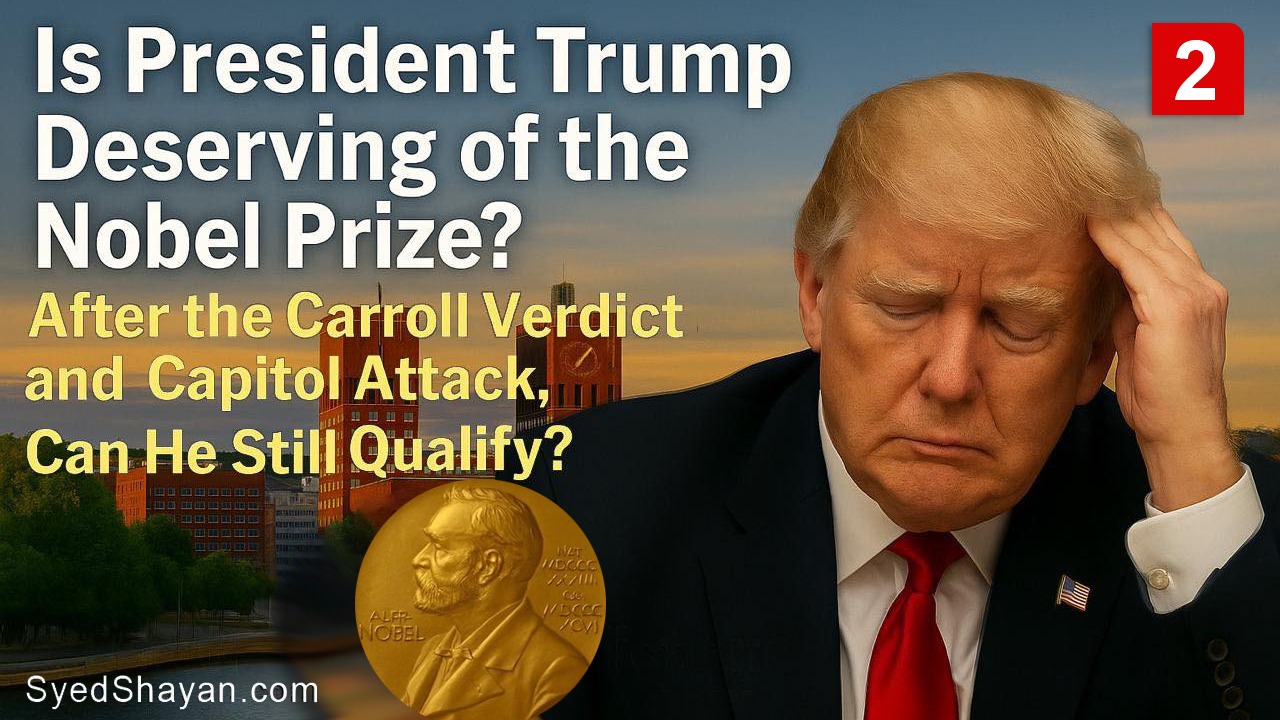
English Version Stats: 1 min 2 sec total reading time by 19 readers
[Urdu version metrics tracked separately]
Pakistan’s Nomination of Trump for Nobel Peace Prize Ignites Controversy
Part 2 of an Ongoing Series
President Donald Trump seems to have recognized that Pakistan’s endorsement for a Nobel Peace Prize could harm his image rather than bolster it. In a strategic move, he reportedly secured a second nomination for the award through Georgia Republican Congressman Earl L. Carter, known as “Buddy” Carter. This shift to a new nominator appears designed to protect his credibility. If confirmed, this development delivers a sharp diplomatic rebuke to Pakistan.
Why did Pakistan’s government hasten to nominate Trump for the Nobel Peace Prize when the nomination deadline was still more than seven months away?
The global stage was fraught with tension at the time. Israel and Iran were exchanging airstrikes, pushing the Middle East to the edge of war, while Israel’s military operations in Gaza continued unabated. Widespread anger against the United States and Israel simmered across the Muslim world. Most Muslim-majority nations responded with quiet protest or diplomatic restraint. In this context, Pakistan’s decision to proclaim Trump a “messenger of peace” and nominate him for the Nobel Peace Prize struck many observers as excessive flattery or a misguided diplomatic gesture.
Critics have questioned whether this move reflects Pakistan’s independent foreign policy or if it stems from external pressures or internal necessities.
Doubts about Pakistan’s intentions deepened on June 21, 2025, when it formally nominated Trump for the Nobel Peace Prize. The very next day, the United States launched airstrikes aimed at destroying Iran’s nuclear facilities, casting serious suspicion on Pakistan’s motives.
This controversy follows a significant visit by Pakistan’s Army Chief, General Asim Munir, to the United States from June 8 to June 20, 2025. Invited to attend the 250th anniversary of “U.S. Army Day,” General Munir met with President Trump at the White House on June 18. During this meeting, he personally proposed nominating Trump for the Nobel Peace Prize, citing his role in halting a three-day India-Pakistan conflict. The White House acknowledged the gesture as a courtesy.
On June 26, White House spokesperson Anna Kelly confirmed during a press briefing that General Munir had personally advocated for Trump’s nomination, praising his “decisive role” in averting a nuclear war between India and Pakistan.
However, U.S. media had already begun to frame Pakistan’s nomination as a self-interested act. A CNN report titled “Pakistan Nominates Trump for Nobel Peace Prize, Praising Stellar Statesmanship” (June 23, 2025) and a Time magazine article, “Will Trump Win a Nobel Peace Prize? Pakistan Submits Nomination” (June 23, 2025), emphasized Pakistan’s commendation of Trump’s “extraordinary leadership.”
Complicating matters, as Trump authorized airstrikes on Iran, Pakistan publicly condemned these actions. This contradictory stance, praising Trump as a peacemaker while denouncing his military decisions, drew sharp criticism in international media. Analysts argued that if Pakistan truly viewed Trump as a champion of peace, it should have framed his Iran strikes as a “strategy for stability” rather than opposing them.
International media branded Pakistan’s approach as inconsistent and unserious, suggesting it was driven by geopolitical calculations and domestic political motives. In response, President Trump appears to have started viewing Pakistan’s actions with greater scrutiny, questioning its intentions.
(To be continued in Part 3…)
3

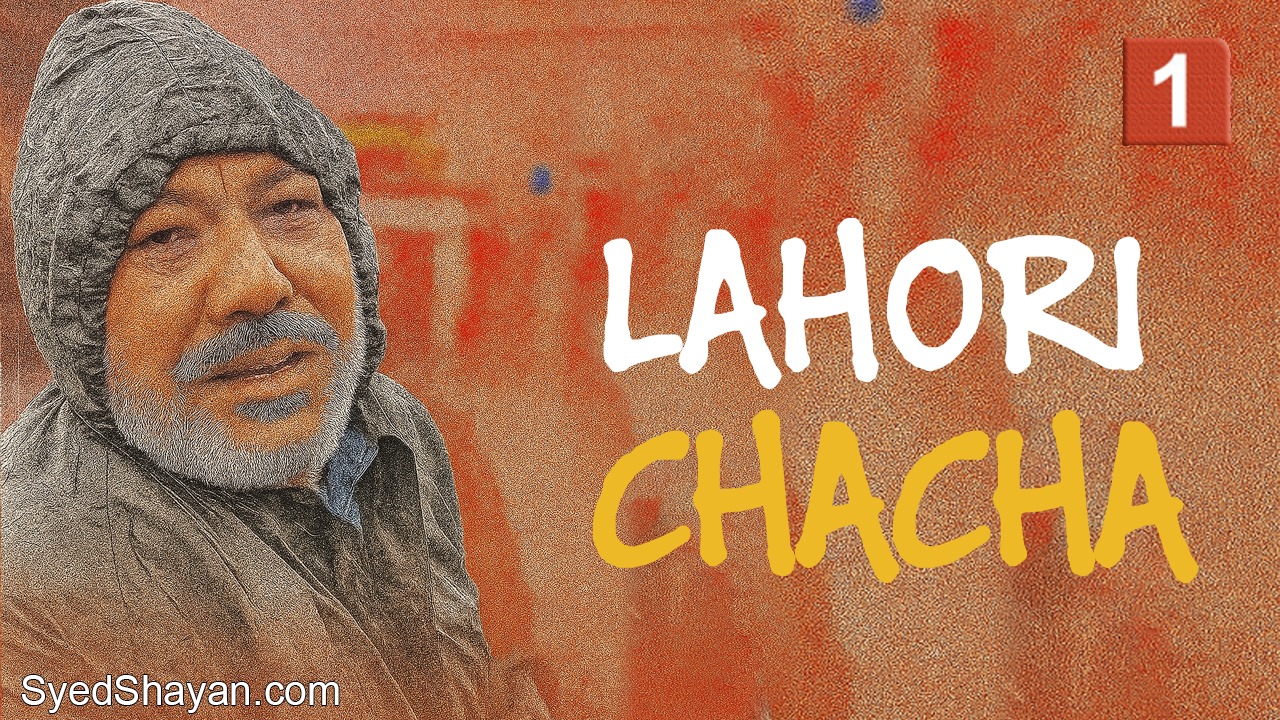
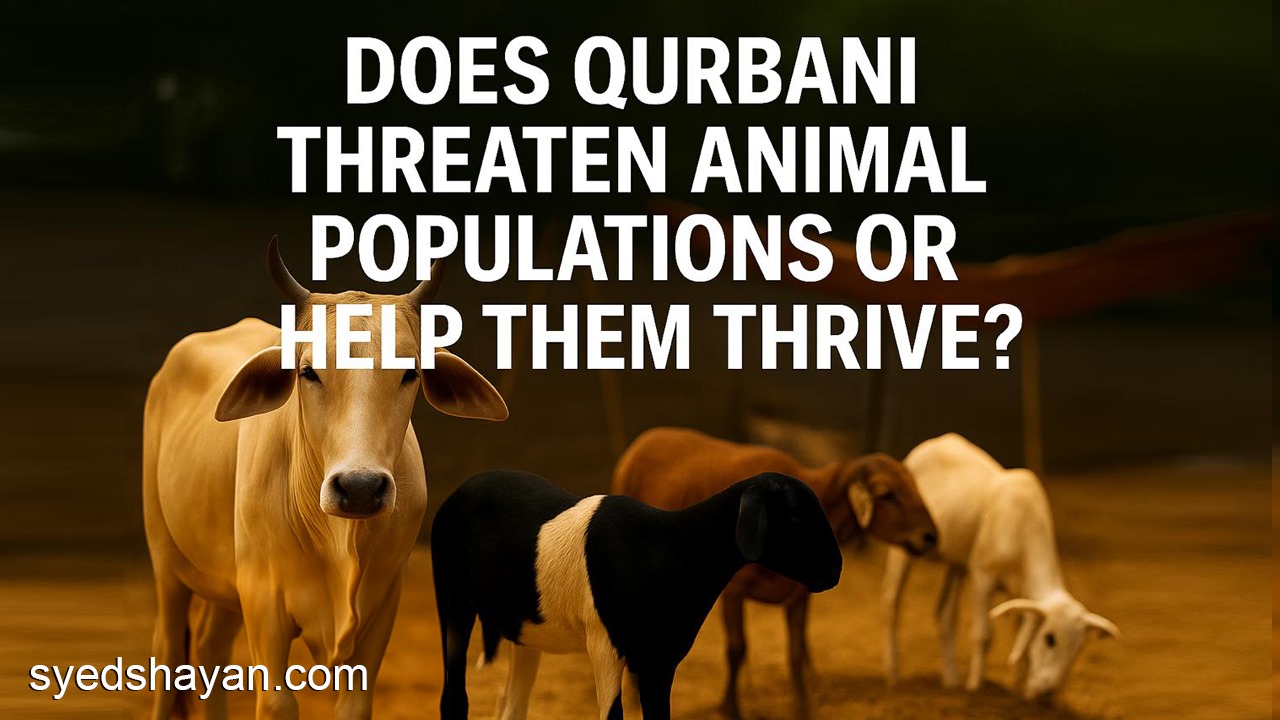
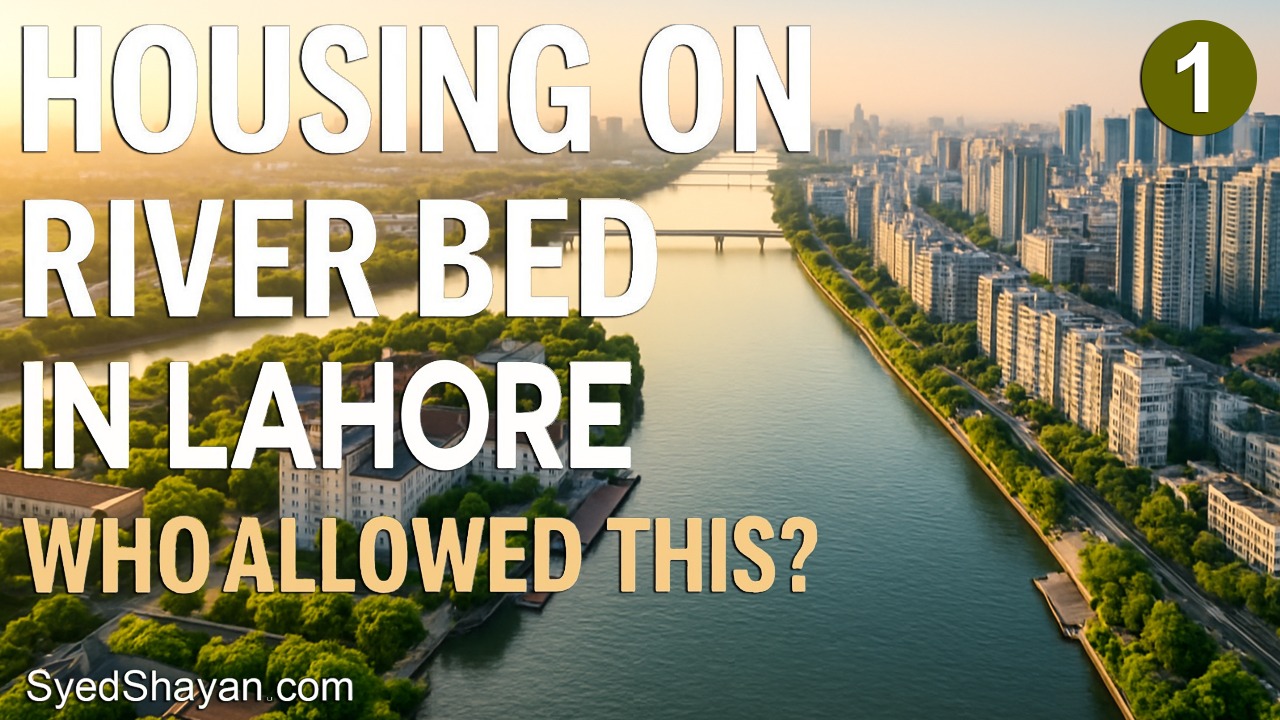


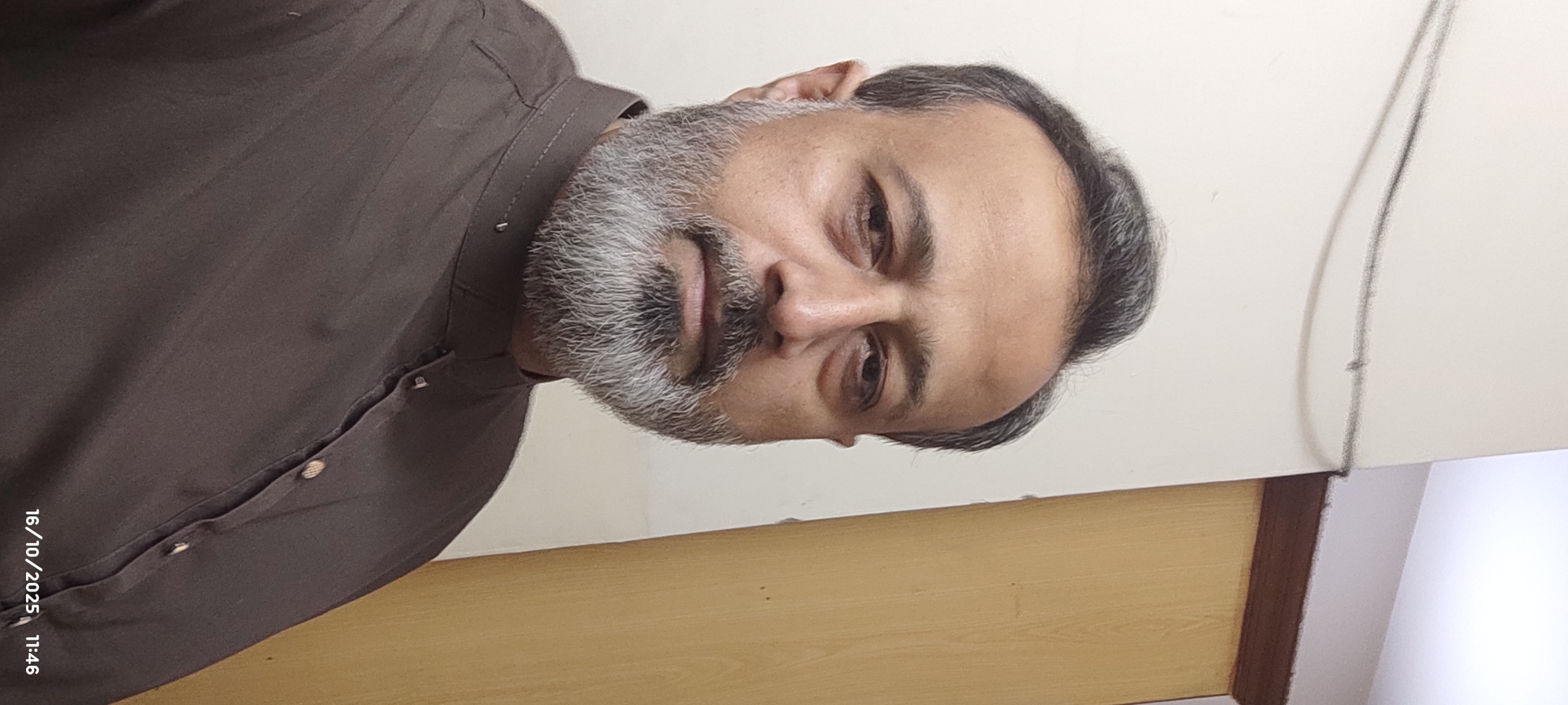
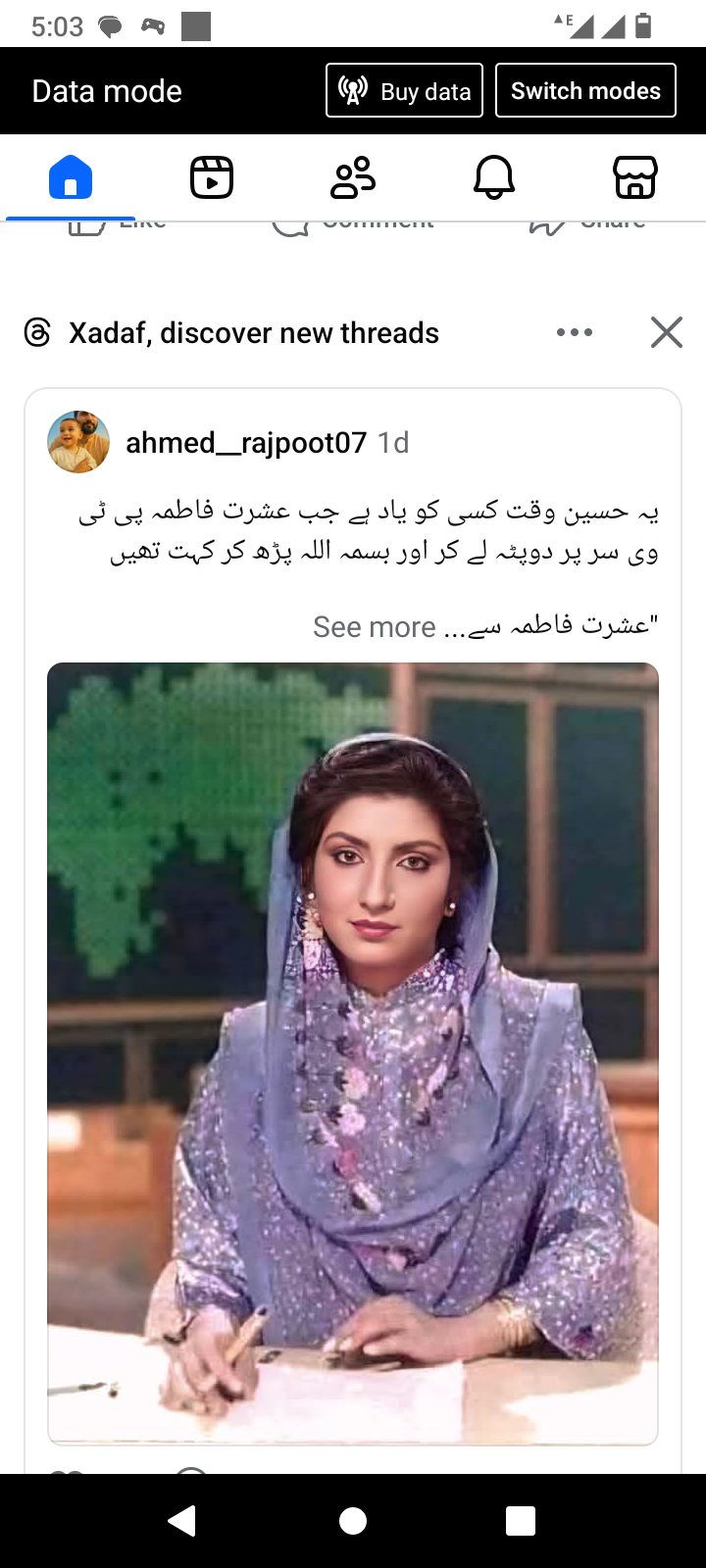






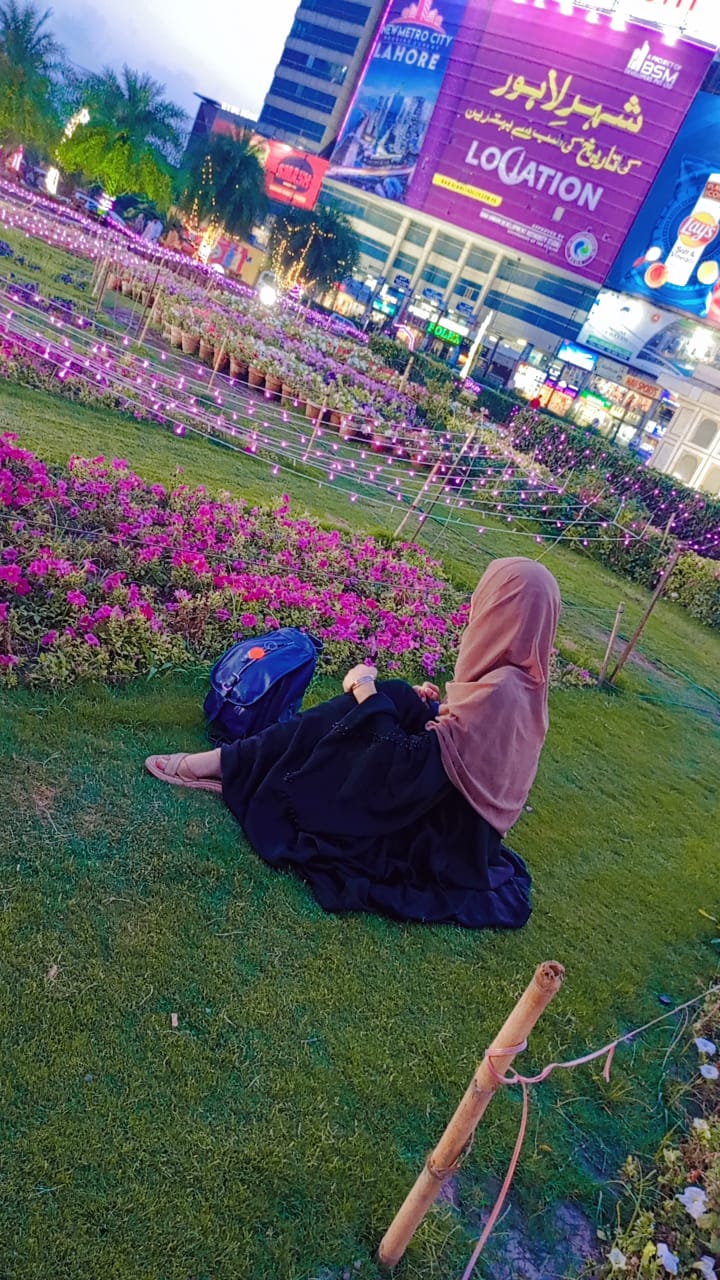
0 Comment
19 Views